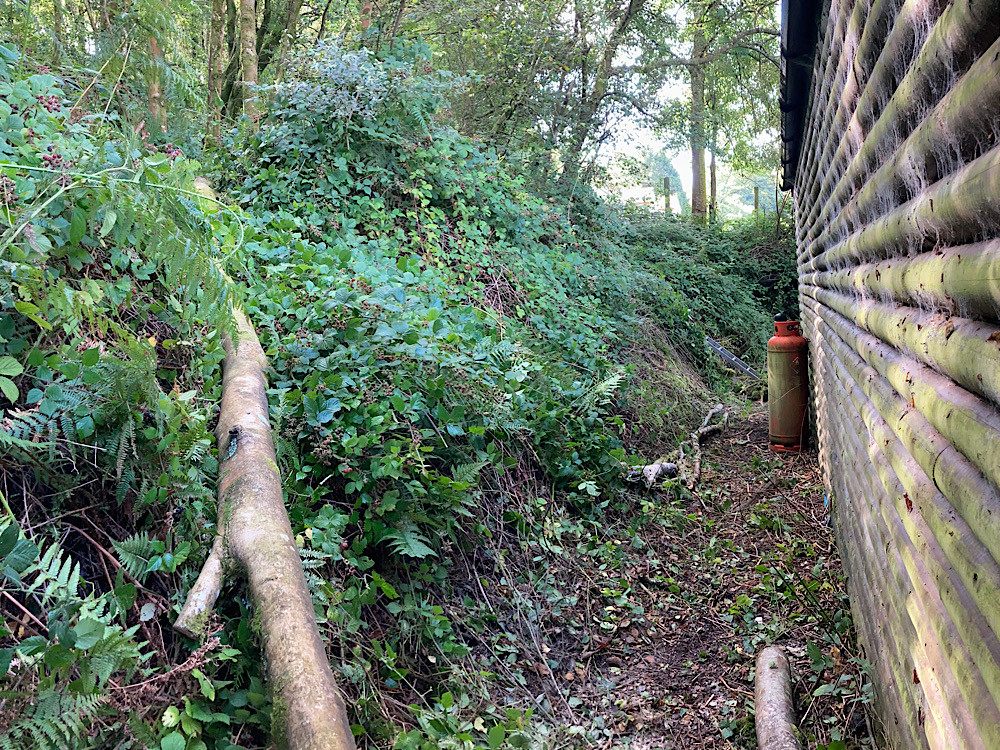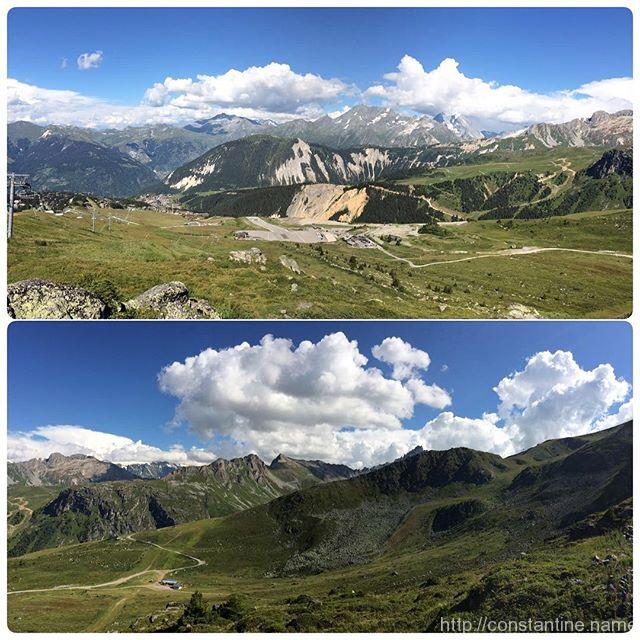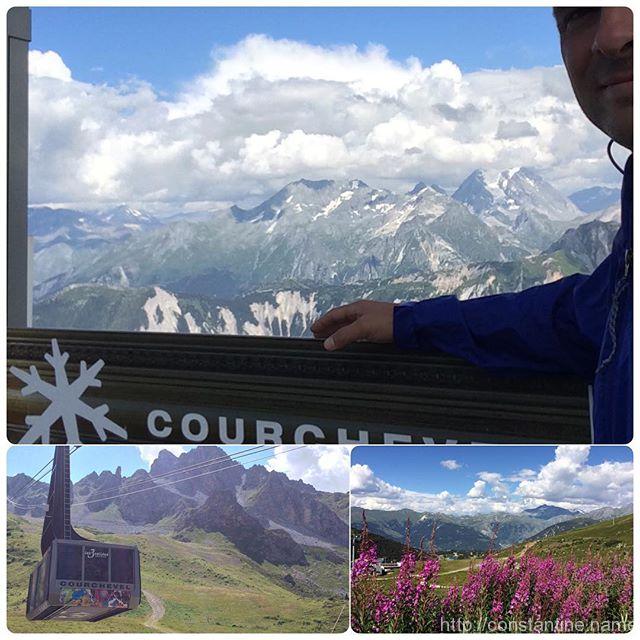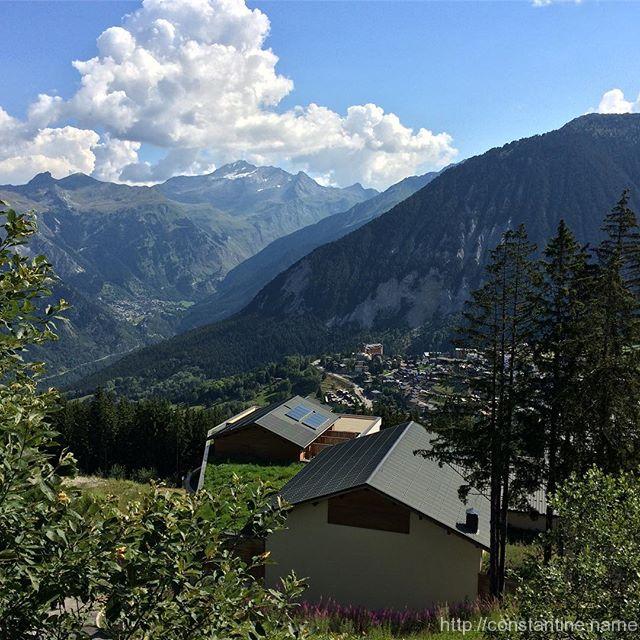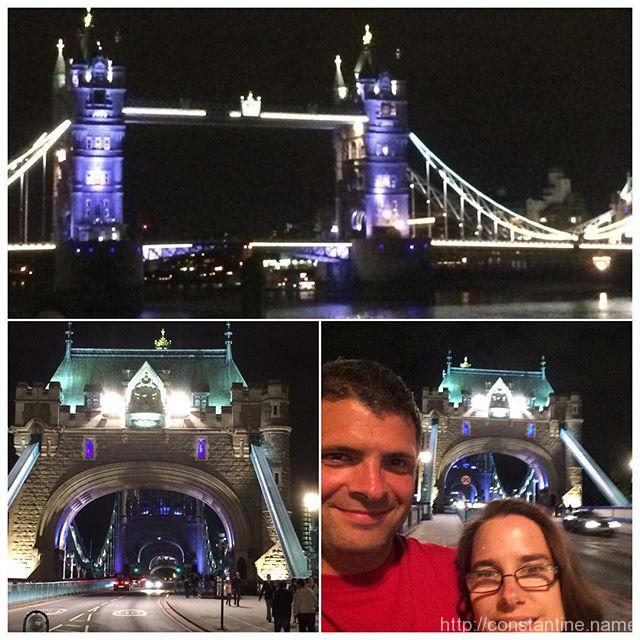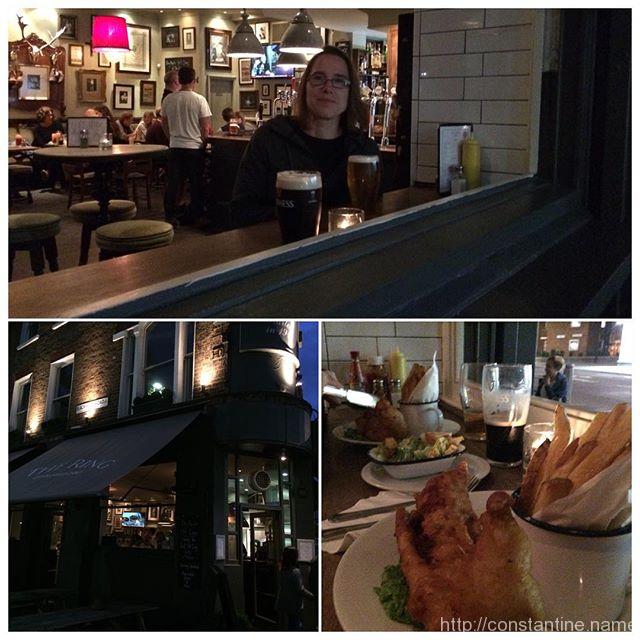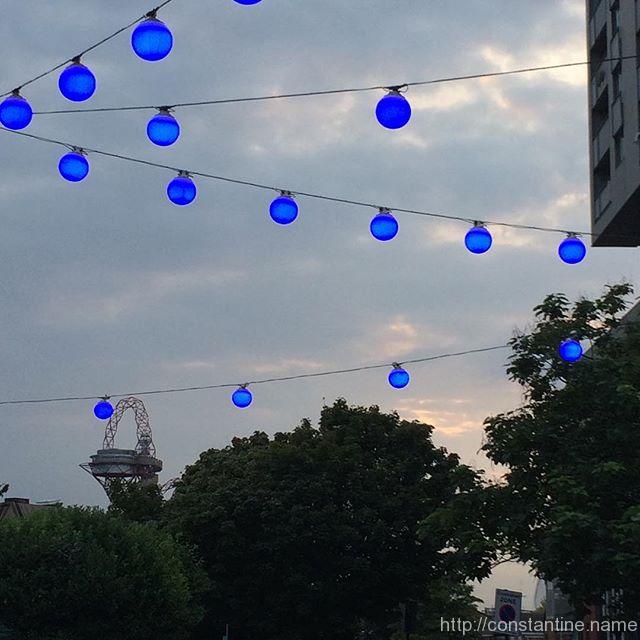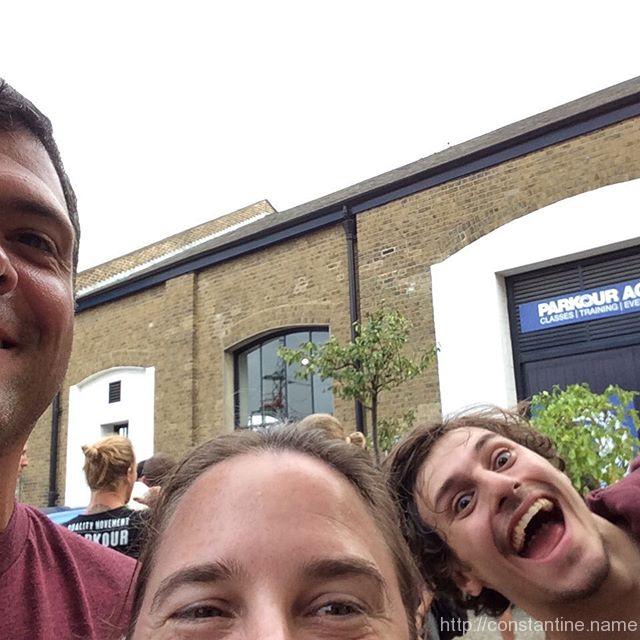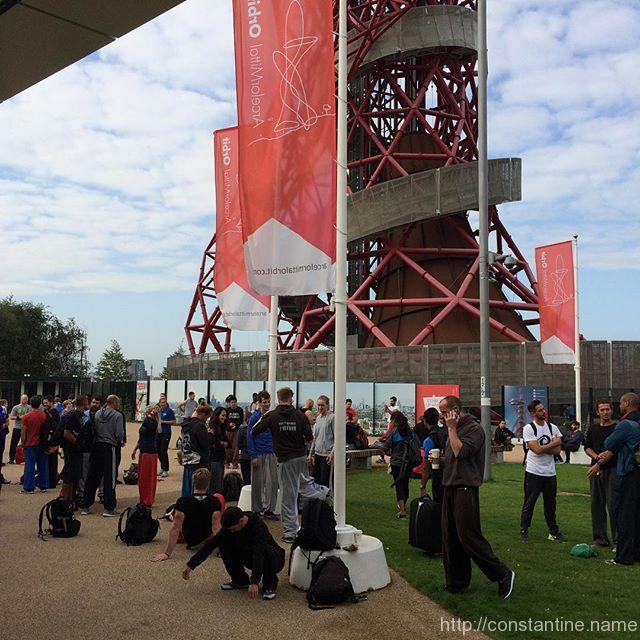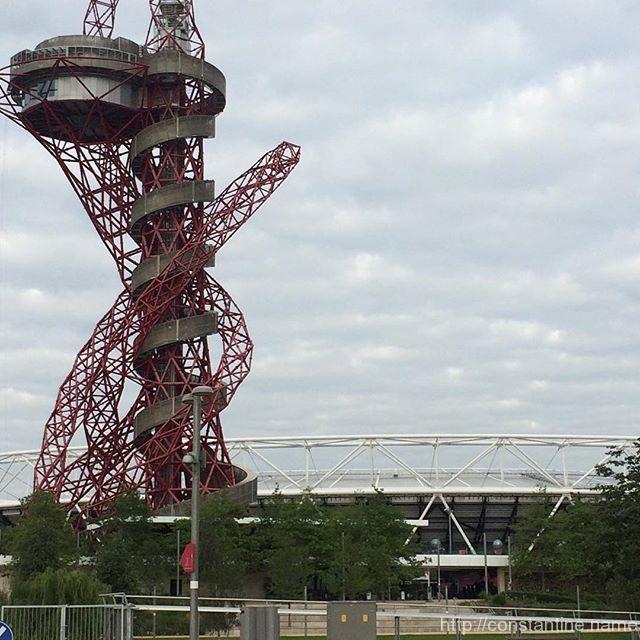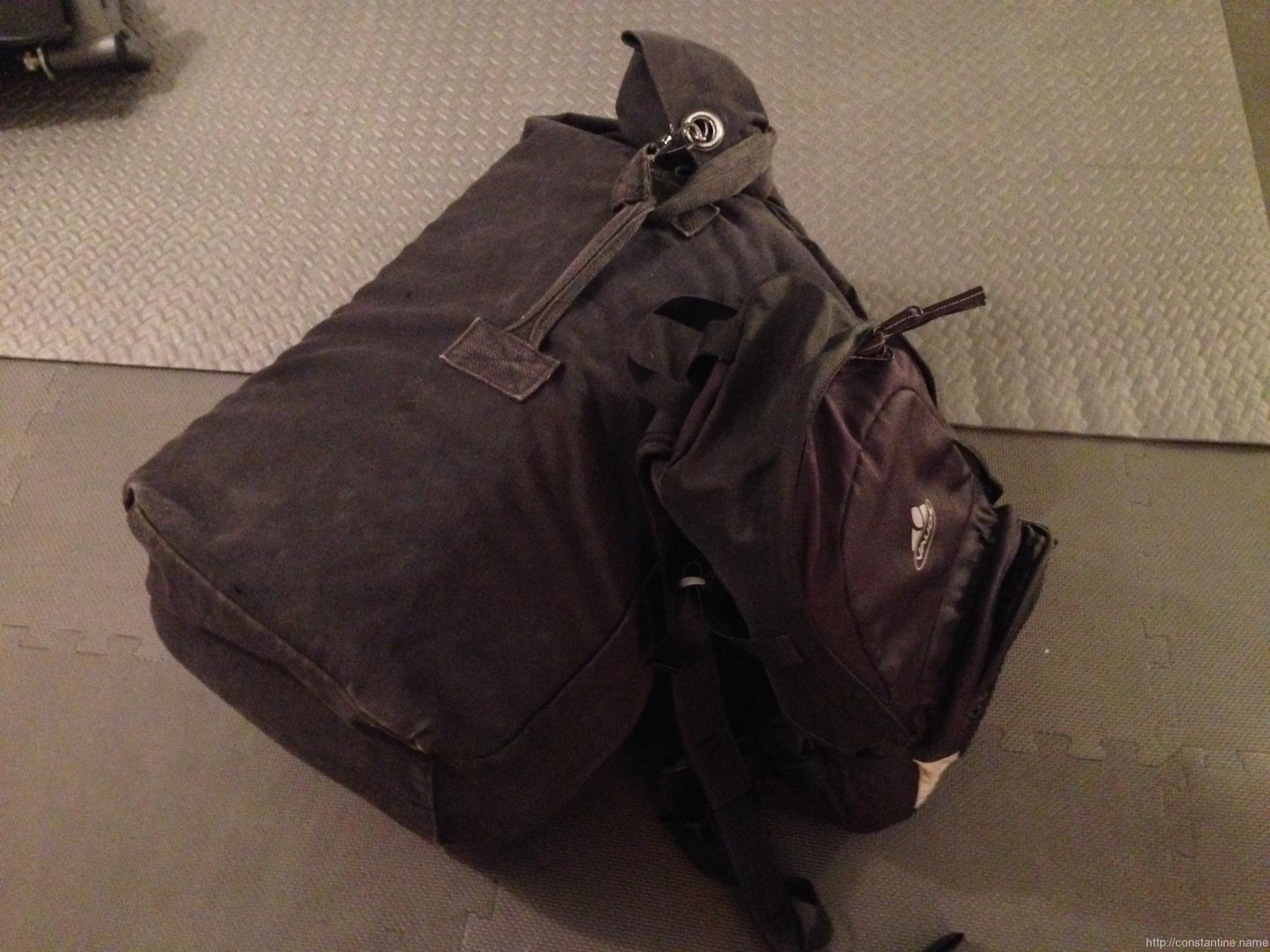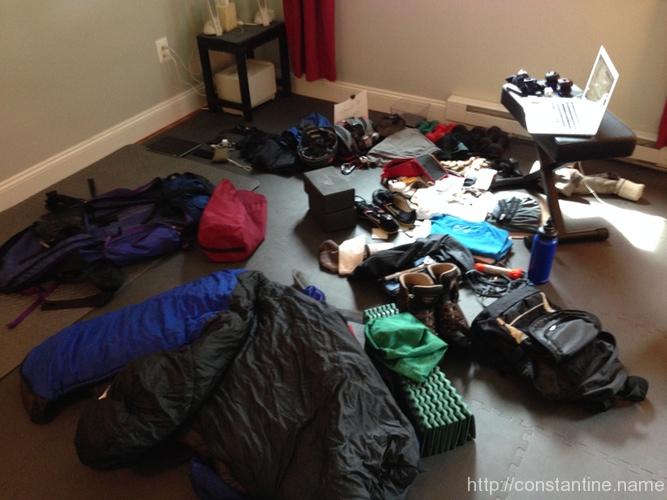The aim of fusion research is to develop a climate- and environmentally-friendly power plant. Similar to the sun, it is to generate energy from the fusion of atomic nuclei. Because the fusion fire only ignites at temperatures above 100 million degrees, the fuel—a low-density hydrogen plasma—must not come into contact with cold vessel walls. Held by magnetic fields, it floats almost contact-free inside a vacuum chamber.
~ Max Planck Society, from The Wendelstein 7-X concept proves its efficiency
I’ve been following the phys.org syndication feed for, like 20 years. It kicks out a lot of posts. (About 840 each month in fact. Which I can tell by looking in my account at feedbin.com.) I’ve been watching from afar for decades as we humans try to figure out nuclear fusion.
The sun fuses light elements—Hydrogen mostly—creating slightly heavier elements—Helium mostly. Our bombs and nuclear reactors go in the other direction: They take very rare, very heavy elements—like Uranium-238 which is even more rare than it’s very rare “normal” Uranium that has 235 protons and neutrons in its nucleus—and break them apart releasing an enormous amount of energy. But breaking them apart is fairly easy. Uranium is such a big fat nucleus that it breaks apart on its own. (That’s what Radon gas comes from in your house.) Fission is pretty easy.
Fusion on the other hand is insanely difficult. You have to push two protons very close together before they decide to stick together. But when they do stick you get energy out. Hydrogen only has one proton in it’s nucleus, and the center of the sun is literally a churning soup of protons and free-roaming electrons. Gravity squeezes it more and more. Millions of degrees. Inconceivable pressures. The material is so dense, so opaque, that the light produced by the little Heliums getting created bounces around inside so much, it helps balance the gravitational crushing. In fact, the light that leaves the sun is only a tiny fraction of the energy being generated. Most of it just fights gravity off. Yes, the solar energy reaching Earth is a tiny fraction, of a tiny fraction of the total energy the sun produces.
Yeah. We humans have figured out how to do that. In fact, we have two very different engineering solutions—the “tokomak” and the “Wendelstein 7-X”. They work. We can put cheap, abundant, harmless Hydrogen in and it creates Helium. Yes, with a net outflow of energy. Years ago, we could do it for fractions of a second, but it consumed more energy than we got back out. But now, today, these two devices literally consume Hydrogen and spit out Helium. Pure, magic. You get so much energy out from Fusion, it’d be trivial to split good old water apart… push that little Oxygen in H2O off using electrolosys and send the Oxygen elsewhere. (It has lots of applications.)
Ever see some sci-fi movie where the people find alien technology? They’re all like, “ooooooh, look at this suitcase sized power supply that runs the whole ship” and “how’s that work” and “alien science.”
Yeah. That shit up top there in that phys.org article. BAM! Human science. Pure magic.
ɕ
